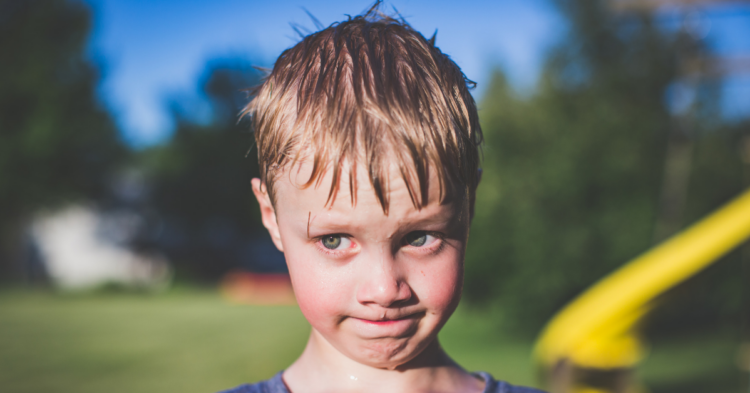Cold and flu season is a real thing, but some misconceptions and myths about it persist. On its own, that’s not a shocker. But when you think about it, the myths we believe in can add up to wasted time, effort, and money.
We’ve all had our share of colds in our lives, and we’ve almost certainly been told by our folks to not go outside with wet hair for fear of catching one, but that’s one of those persistent myths. And yet, it doesn’t seem to want to go away any more than a nasty cold does.
As much as modern medicine has brought us miracles, it seems that many parents out there still rely on folklore when it comes to their kids.
That’s according to a recent survey by researchers at C.S. Mott Children’s Hospital in Michigan on how parents try to prevent colds in their kids.
According to the survey, 70% of parents had used a “folklore strategy,” not backed by science, to try to stop their kids from getting a cold.

For example, about half of parents reported giving their kids vitamins or supplements to fend off a cold, most often vitamin C, but occasionally zinc or Echinacea, despite the fact that there’s no evidence that they do anything to prevent colds.
And 52% of parents reported telling their kids not to go outside with wet hair.

Which, while it is certainly a chilly experience, has nothing to do with whether you get sick or not. As one doctor reminded CNN , “in order to catch a cold, you need to be exposed to an infectious agent, and although wet hair may make you chilly, it does not attract or make you more susceptible to infectious agents responsible for the common cold.”
Why parents still believe these things is a bit unclear, but some doctors point to time-honored family tradition.
As Dr. Isaac Bogoch, a clinical researcher at the Toronto General Hospital Research Institute told Global News, “A lot of these beliefs started well before germ theory. Some of these myths and quirks just get passed down from generation to generation but it’s hard to know why. Simply being cold doesn’t mean you’re going to get a cold.”
That said, most parents also encourage science-backed methods for preventing colds as well.

Hand-washing is a big one, with 99% of parents reporting encouraging good personal hygiene to prevent illness, 94% teaching their kids to keep their hands away from their mouths and noses, and 94% also teaching kids not to share utensils or drinks to avoid spreading germs.
And 87% of parents told their kids to steer clear of people who already had a cold.
Because that’s what really spreads sickness in cold weather. “When the weather turns cold, we all run indoors where air is recycled,” Dr. Sorana Segal-Maurer told CNN. “And we’re often in close quarters with other people and viruses. We all sneeze on top of each other.”
The survey’s authors wanted to remind parents that over-the-counter cold prevention products are largely unproven.
“Despite being heavily advertised and used commonly, none have been shown to have any definitive effect on cold prevention,” they wrote. “For example, there is no evidence that giving a child vitamin C, multivitamins or other products advertised to boost the immune system is effective in preventing the common cold.”
This is also a reminder that, even with good hand washing habits and staying away from sick people, colds aren’t 100% preventable.
Kids aren’t going to get sick when they go outside with wet hair — but there’s no way to fully prevent an illness from happening, either, and taking vitamin C won’t slow down the process. When kids do get sick, you have to ride out the storm, and if it persists, talk to your doctor.

















































